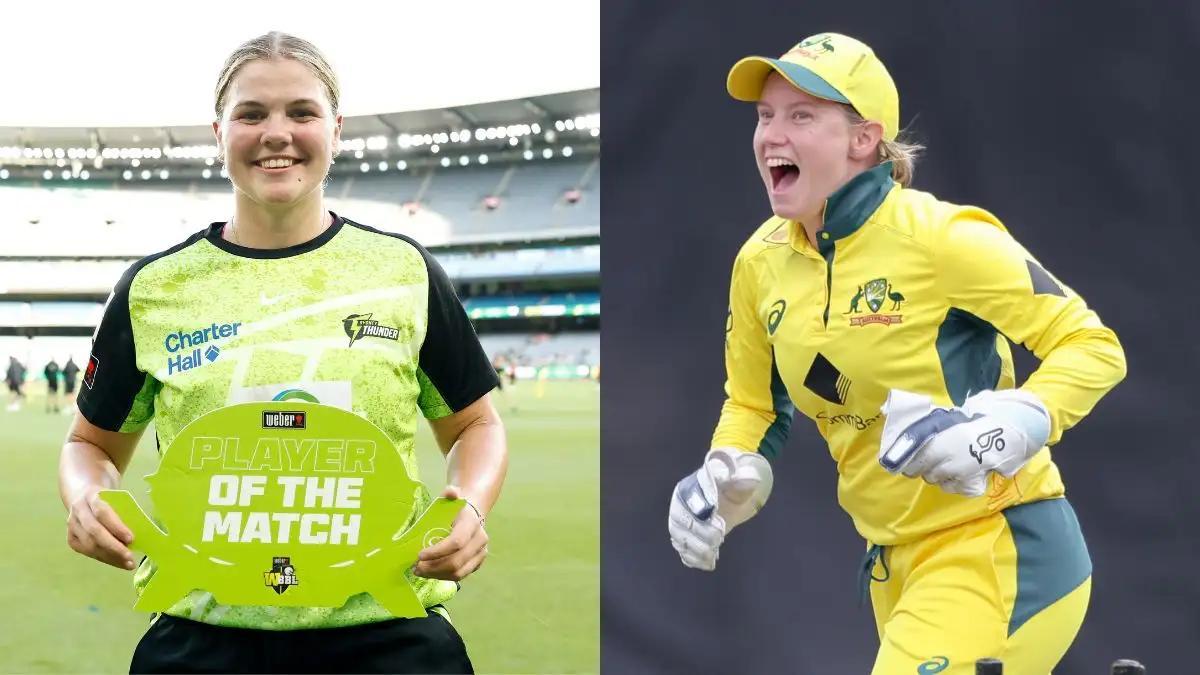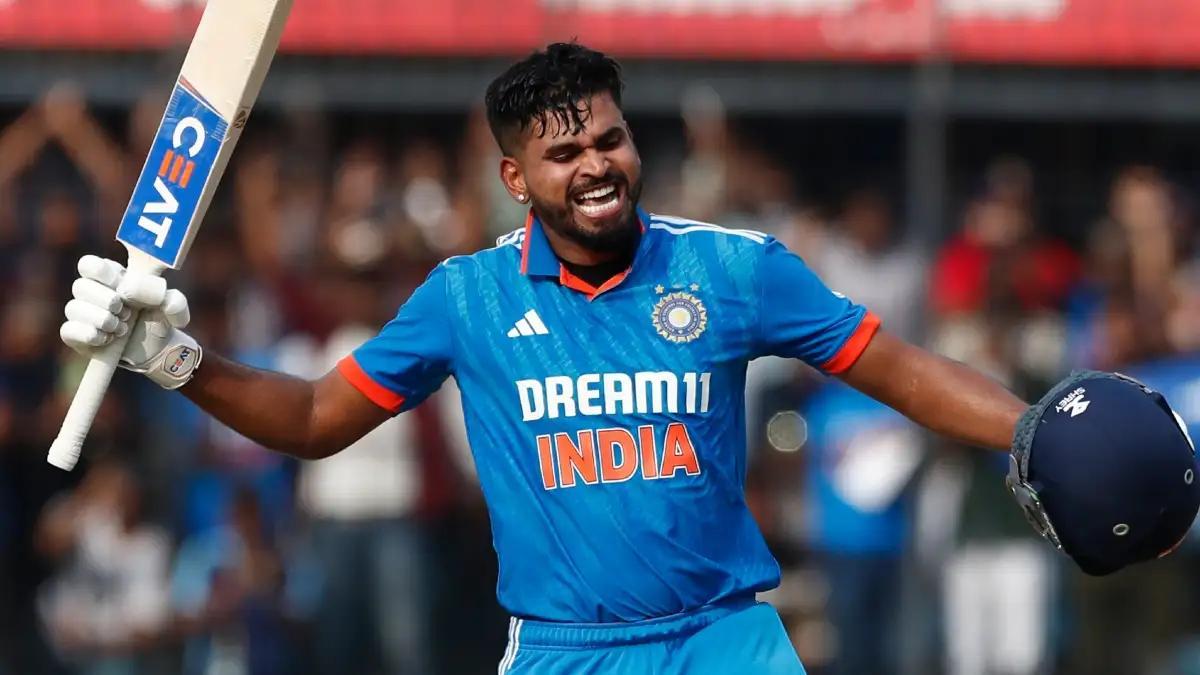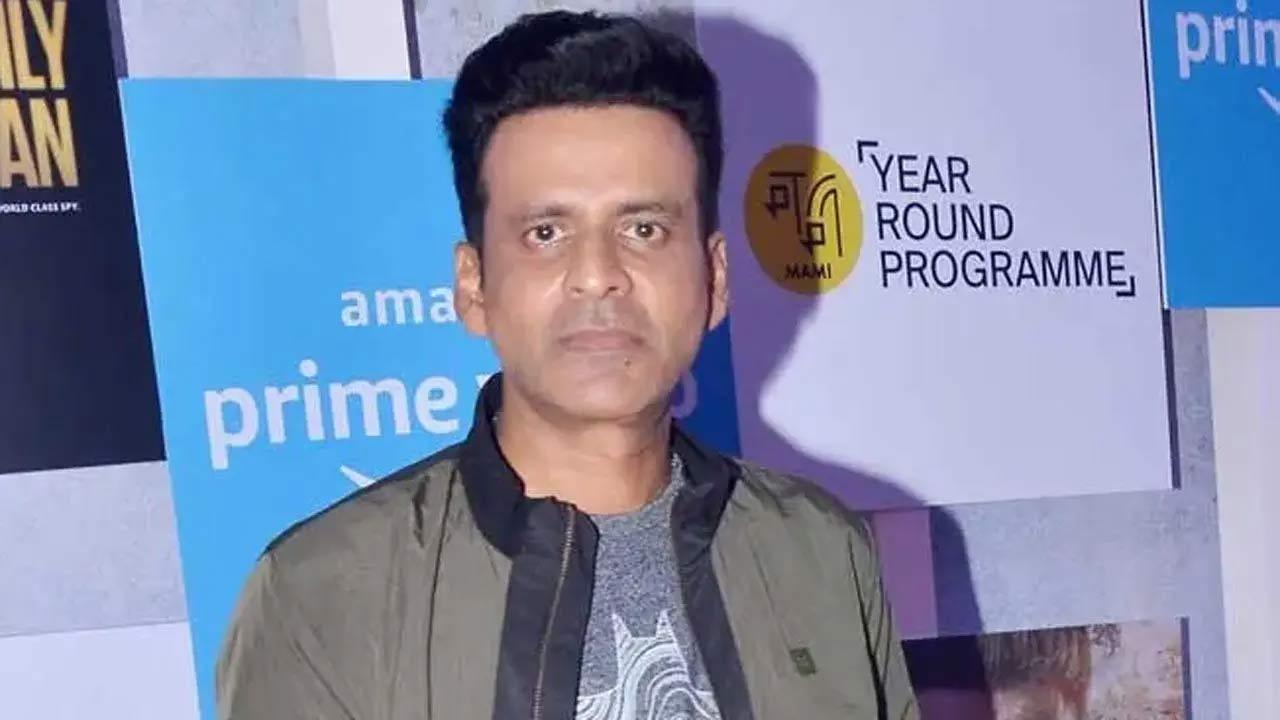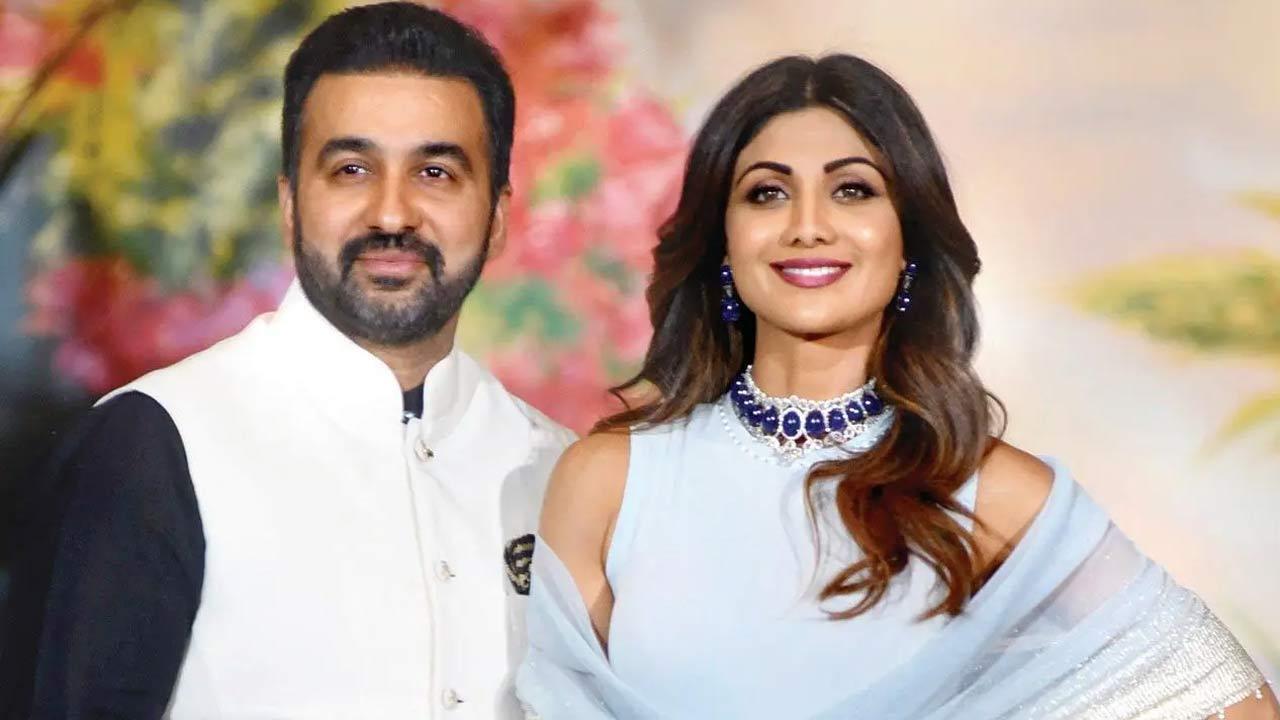
For the acclaimed actor Pankaj Tripathi, his recent venture into the world of biopics hasn’t just been another project; it has been a journey to the soul. In his latest film, “Main Atal Hoon,” Tripathi steps into the shoes of late Prime Minister Atal Bihari Vajpayee, a role that has demanded of him an introspective approach rather than a mere focus on box office numbers. With a meticulous blend of dedication and introspection, the actor takes on the task of embodying a man whose life philosophy centered around the principles of democracy, empathy, and harmony.
It was the intent behind Vajpayee’s character that persuaded Tripathi to accept the formidable challenge of portraying the eminent leader. “The man’s intent supersedes everything else about him,” Tripathi reveals. Delving into the political icon’s attributes, he recognizes the historical figure’s resolve to preserve democracy and his generous use of empathy even towards opponents. Regardless of contention, the presence of ‘bad blood’ was notably absent in Vajpayee’s political engagements. In the current climate of division, the actor stresses the importance of understanding the essence of such a man.
Eager to capture the spirit rather than the facade of Vajpayee, Tripathi immersed himself deeply in preparation for the role, to the extent of excluding other projects. He consulted his drama school mentors to refine his portrayal and ensure it steered clear of mere mimicry. Undertaking a project that encapsulates the life and perspective of a national leader in a mere two hours is no trivial task and comes with its unique set of responsibilities. The film strives to afford an intimate glimpse into the thought processes and decisions of a widely revered figure like Vajpayee.
Having previously captivated audiences as the leading man in hits like “OMG 2” (2023) and “Kadak Singh” (2023), Tripathi downplays the notion of a mainstream hero moment. Recognition, commercial success, and love are welcomed but ultimately viewed as secondary results of his craft. Anchored by a steadfast passion for acting, Tripathi confesses he pays no heed to box office statistics. His craft is his joy and his dedication to it remains undeterred by the presence or absence of fame or financial returns.
With two more films and the eagerly anticipated fourth season of “Criminal Justice” on the horizon, Tripathi plans to indulge in a well-deserved break. Confessing to a sense of fatigue, he envisions this period of rest as essential to restoring the equilibrium between his work and personal life. The break is envisioned as a time to recharge and explore, affording the actor the necessary pause to maintain his standards of performance and personal wellbeing.
Tripathi’s approach to his role in “Main Atal Hoon” is a testament to his belief in the immaterial principles of intent and sincerity within the art of cinema. Omitting concerns of material success, Tripathi’s focus remains on the purity of his performance and the portrayal of a political colossus who stood for values that resonate powerfully in the divisive milieu of today. As Tripathi continues to navigate the landscape of Indian cinema, he does so with the composure of an artist true to his calling and insouciant to the siren calls of commercialism.










